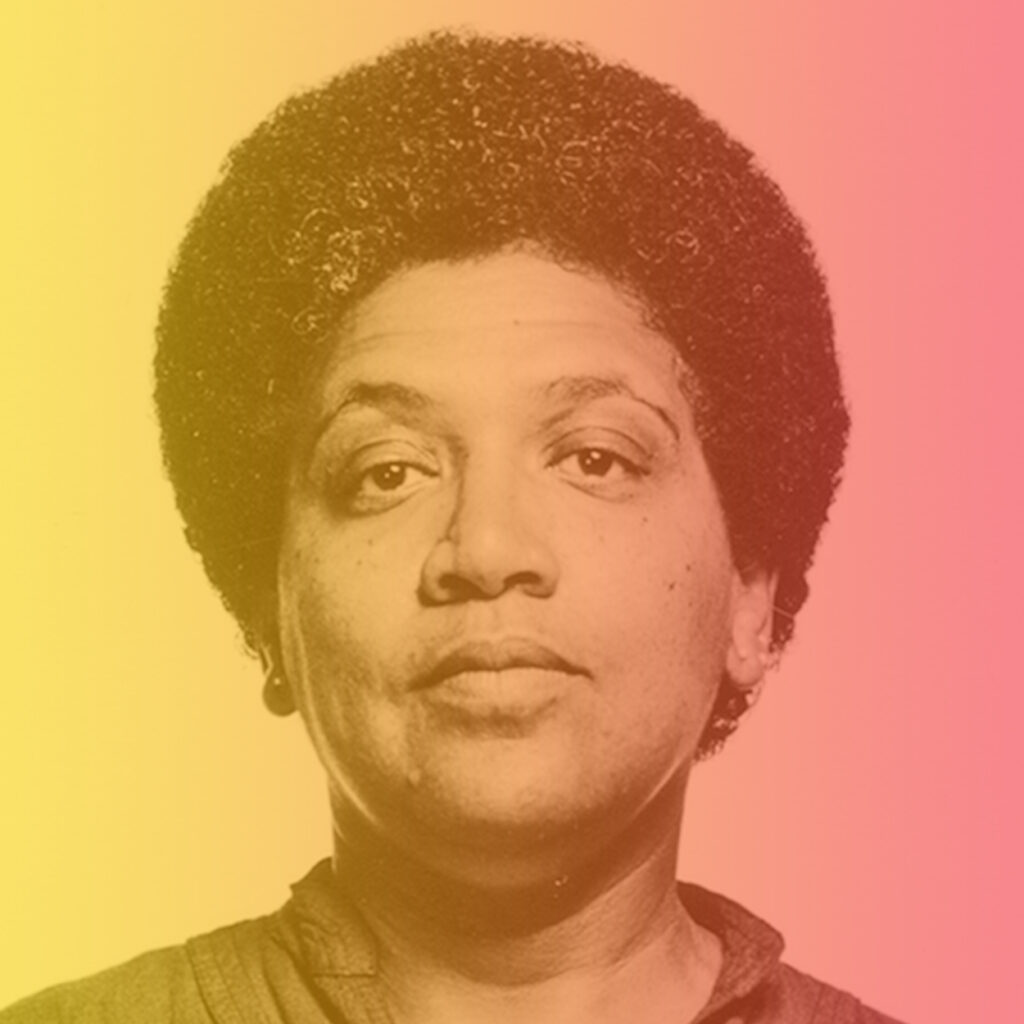IN-CLASS EVENT REFLECTION: “SISTER OUTSIDER” BY AUDRE LORDE

The late Audre Lorde is a figure in the literary circuit that has the potential to be a permanent fixture in the forage for creative expression. Her vitality was put on full display during the CUNY Activism in Academia “Teach-In on Audre Lorde’s Sister Outsider and I Teach Myself in Outline,” hosted by Lehman College in March of this year. The nighttime event was led by both student and staff of the college, allowing for a boisterous dialogue regarding some of Lorde’s prolific examples of social commentary, with a showing of her biographical film “A Litany for Survival” thereafter. Several of the featured artists hailed from Professor Moy’s “Introduction to Critical Theory” and literary seminar courses at the college itself, allowing for an astute showcasing of full-fledged reactions to particular points raised in Lorde’s observational essays. Participants were encouraged to reflect in their own distinctive styles, with relatively minimal restrictions on how to approach the various topics at hand, such as gender roles, race, sexuality, inclusivity, and the push for collective acceptance of diversifying features. Despite the occasional technical hiccup (which is met with absolutely no bewilderment in the age of “Zoom U”), the event was an amalgamation of deeply personal anecdotes that allowed for the facilitation of detailed retrospection, and the application of Lorde’s take on societal issues which still loom today.
Lorde’s piece, “Poetry is Not a Luxury,” from her Sister Outsider anthology was a pivotal point of intellectual tête-à-tête for the evening, and the writing subsequently opened up new perspectives towards the freedoms which are associated with the act of writing. Speakers were left in a somewhat staggering state by the relatively simplistic battle cry of Lorde’s, which only anchors simplicity in its verbiage. The might behind such a decree is a prime example of the struggles Lorde faced as a “Black, lesbian, mother, warrior, poet” in the 1970s and 1980s, where such descriptors were the instigators for vicious and unwarranted abhorrence. Lorde’s allure is chiefly from her ability to not back down to the pre-determined limiters of society, and acceptance that the system’s flaws are engrained, but by no means have to be adhered to. In the essay, Lorde compares the “places of possibility” for women (particularly women writers) as “dark because they are ancient and hidden,” much like the philosophies that advocate for discrimination against the straight-male population. The “incredible reserve of creativity and power” that women possess is left unexplored when curtailment is not combated by said craft, and Lorde was undoubtedly a maverick for both poetry and prose (Lorde 37). Her justification for deeming poetry as anything other than a “luxury” is because of her belief in its coveted property. Lorde hailed the act of rhythmic composition as a “vital necessity of [their] existence,” and thus, the “farthest horizons” of “hopes and fears” are forever empowered by reactionary poetry (Lorde 37). Poetry was both a tool and weapon for Lorde, combating the ills of a patriarchal (and fragmented) society whilst stimulating her own intellectual lore and literary inventiveness. This “Great Read” event is essentially a microcosm of Lorde’s core values, as it involved participants of varying backgrounds that show commonalities firstly for that specific point in time, and (perhaps even unknowingly) drew upon experiences that would have been once shunned from public recitation.
Following the event, one should find for themselves unearthed confidence in their linguistic abilities, especially in terms of creative licensing. With both collections of Lorde essays, and the film that shed some light on the family bond of this “female crusaders,” her mantra appears straightforward, and one that should be approachable. In reality, to embody the personality and wit of Lorde requires decades of both in-fighting and societal spats, combined with almost mythical levels of patience and resolve against a system that is programmed to undermine such individuality. The diversity in the panel itself suggests that the collective direction is the righteous one, however the work remains at play, which leads into the notion that Audre Lorde will live on as a literary great. Even in the midst of a grueling battle with cancer, Lorde made it a point to inspire, and especially assure women writers that their voices mattered, and were deserving of an international soundstage. To participate in such a dialogue is a privilege of the highest order, and the continuation of this specific series would most definitely embolden the original “Sister Outsider.”

